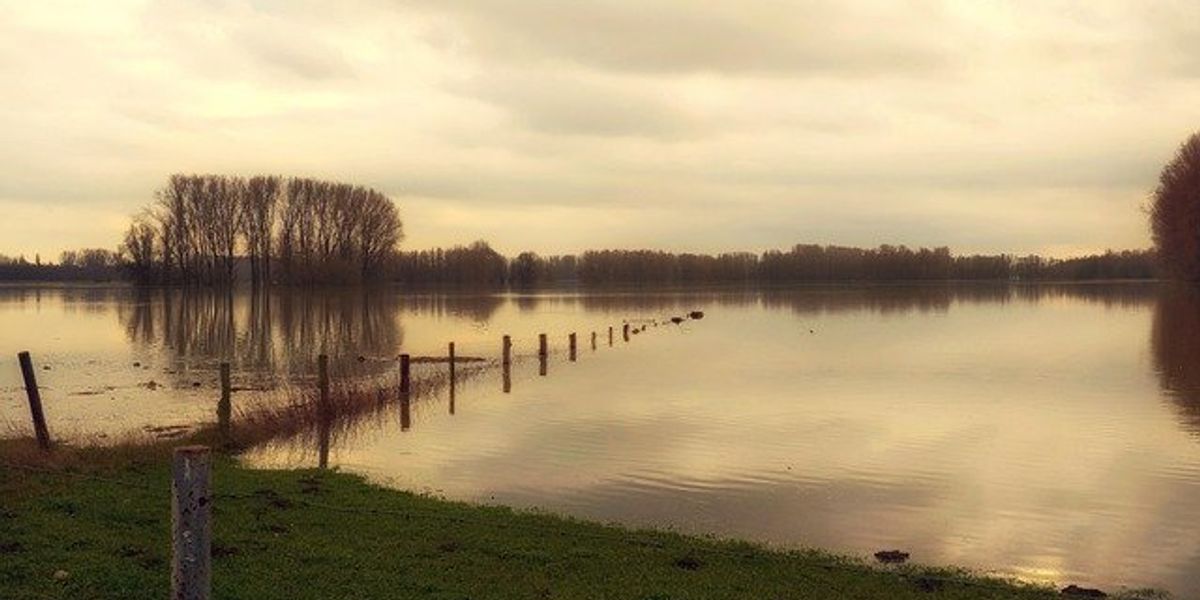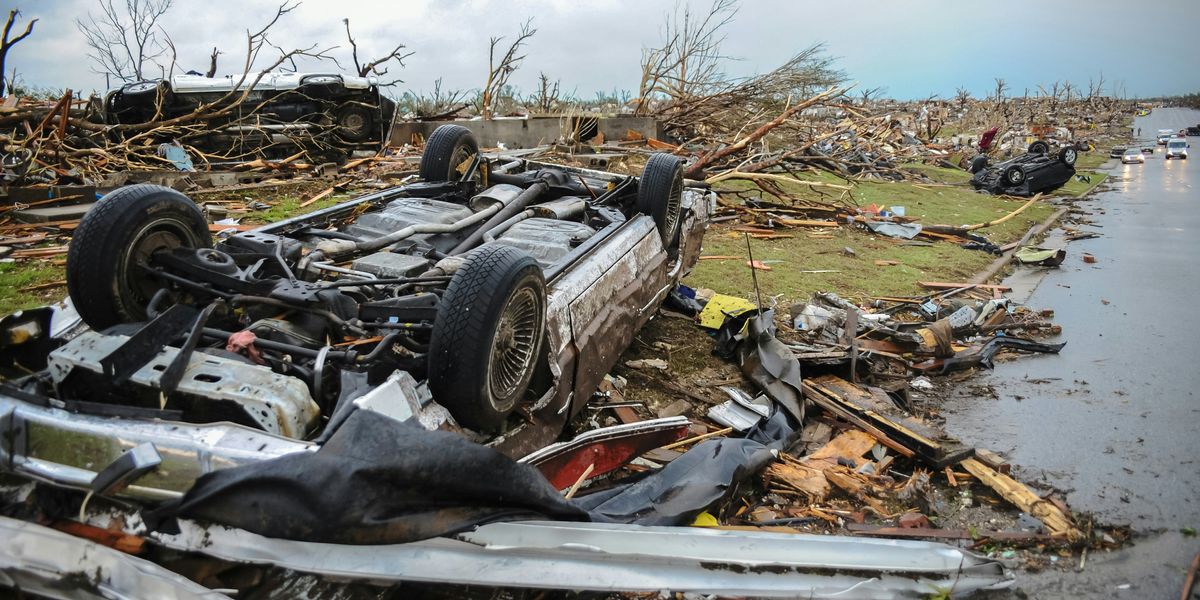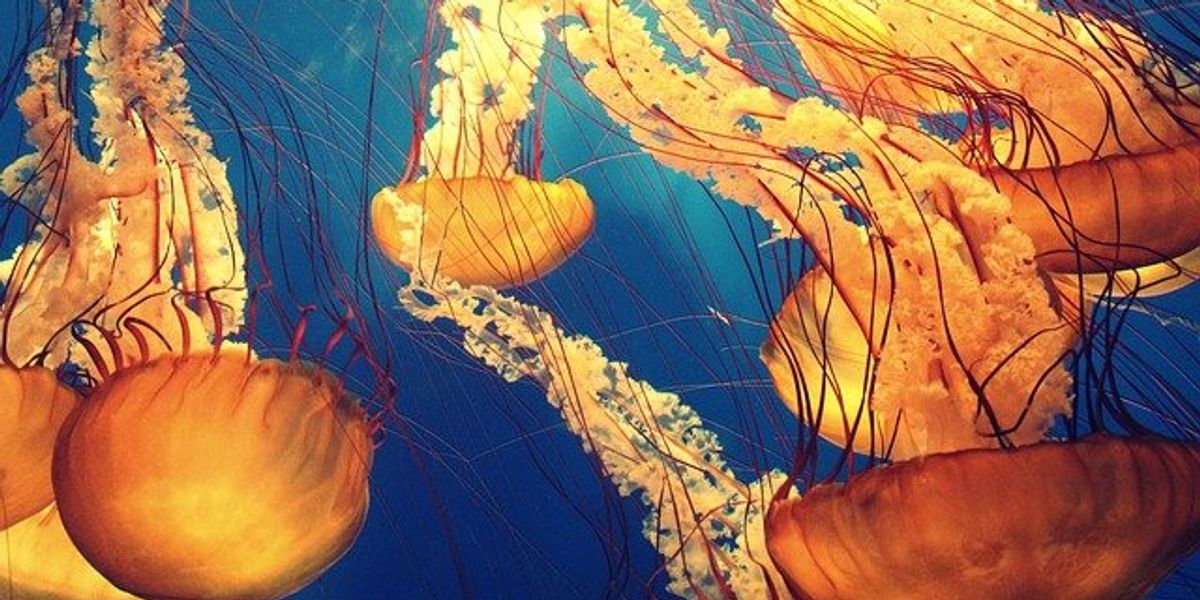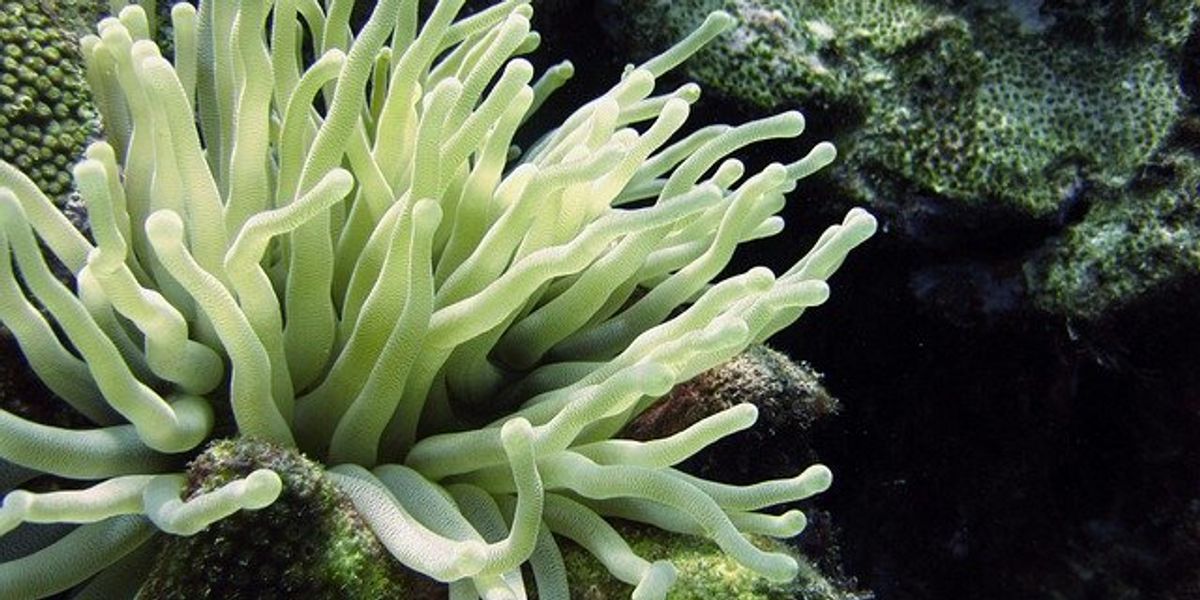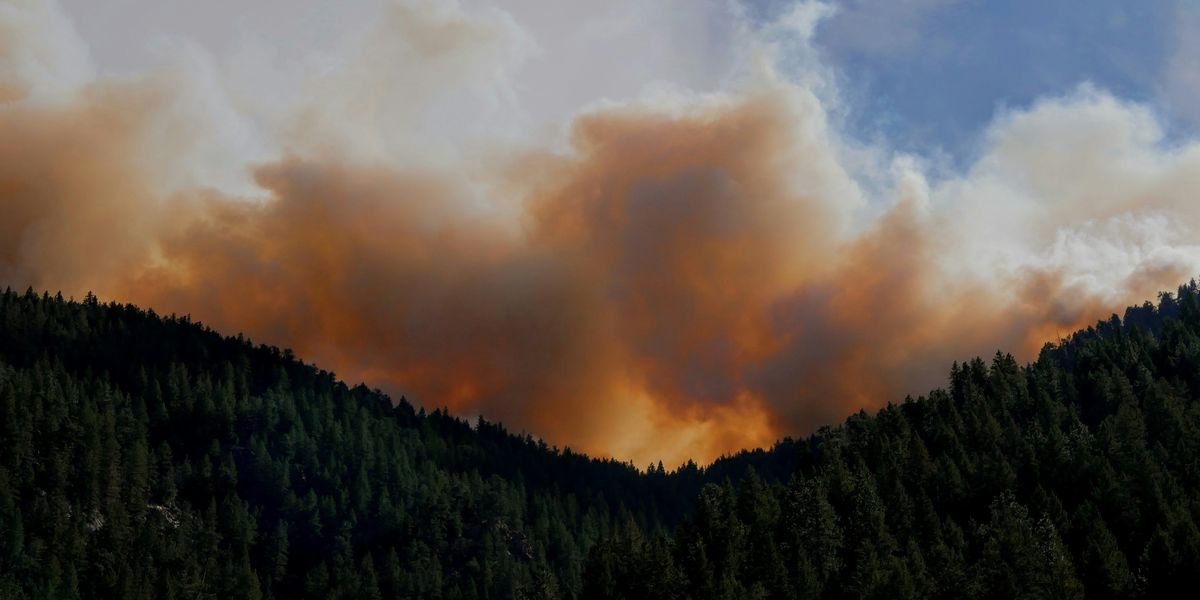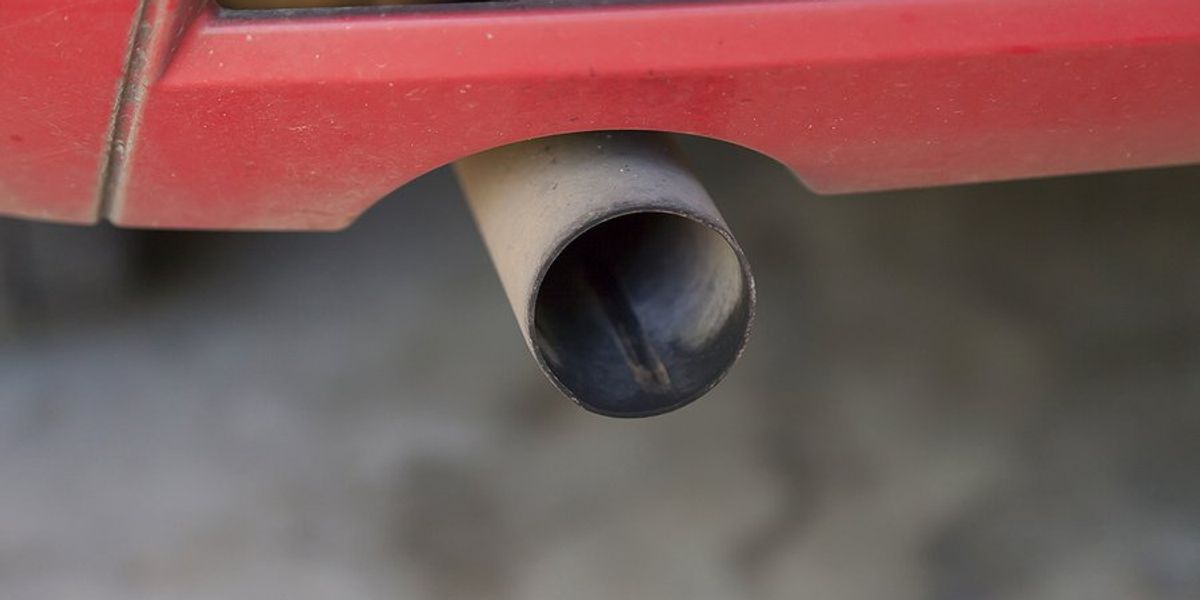acidification
Coral reefs that protect Caribbean islands from hurricanes are rapidly declining
Hurricane Beryl, which hit the Caribbean as a Category 4 storm, highlights the crucial role of coral reefs in mitigating storm damage, but these vital ecosystems are disappearing.
In short:
- Coral reefs act as natural barriers, reducing wave energy and preventing flooding in Caribbean nations.
- The area of live corals has decreased by 80% in recent decades due to climate change and human activities.
- Without reefs, the flood risk in the Caribbean and the U.S. would increase significantly, endangering thousands more people.
Key quote:
"Without reefs, annual damages would more than double."
— Authors of the 2018 study "The global flood protection savings provided by coral reefs."
Why this matters:
Coral reefs provide essential protection against hurricanes, but their decline due to climate change weakens this natural defense. Rising ocean temperatures, acidification, and human activities are causing unprecedented rates of coral bleaching and degradation. As these reefs disappear, so too does their ability to protect coastal communities from the ravages of hurricanes.
Oceans under threat from heating, deoxygenation, and acidification
The world's oceans are experiencing unprecedented stress from extreme heat, oxygen loss, and acidification due to human activities like burning fossil fuels and deforestation.
In short:
- A fifth of the world’s ocean surface is highly susceptible to these combined threats.
- Extreme conditions in the upper 300 meters of affected ocean areas now last three times longer and are six times more intense compared to the 1960s.
- The compounding threats particularly impact the tropics and the north Pacific.
Key quote:
“Oceans aren’t just a nice backdrop for your selfies in summer, we rely upon them for our lives.”
— Andrea Dutton, geologist and climate scientist at the University of Wisconsin–Madison
Why this matters:
The ocean's health is critical for maintaining global climate stability and supporting marine life. The increasing frequency and intensity of these extreme conditions threaten marine ecosystems and the livelihoods dependent on them.
The threat of ocean acidification
This film explores the alarming effects of ocean acidification, drawing on the expertise of scientists and the first-hand experiences of a Native Alaskan community. The film also looks at what can be done to lessen the problem.
Learning more about the ocean's problems can inspire solutions
Broaden understanding of marine heatwaves in the Indian Ocean: Experts
A recent study has shown that increasing marine heatwaves in the northern Indian Ocean are affecting the Indian summer monsoon rainfall.
Ebb Carbon uses the ocean to capture carbon - and fight acidification
Due to climate change, ocean habitats could be remarkably different by 2060
A new study projects how climate change will affect the oceans, and protected areas in particular. The scientists used a series of different warming scenarios to determine how climate change might alter the oceans.












